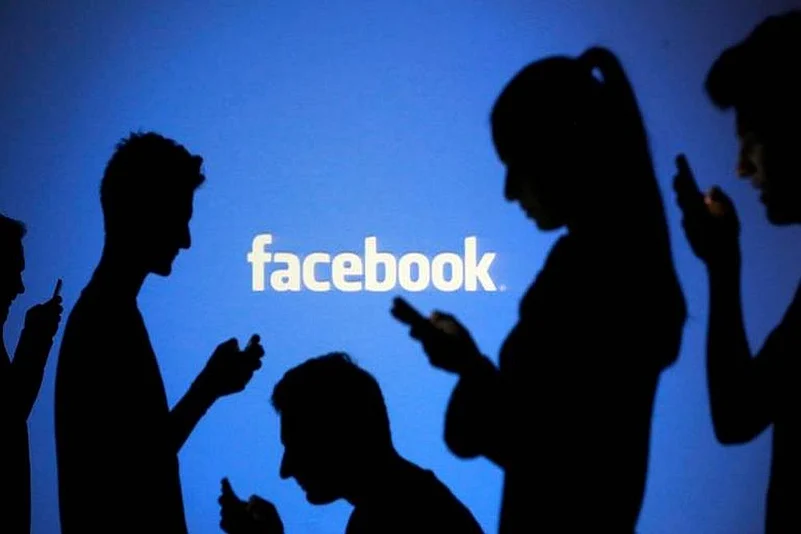Cautioning internet users against online data thieves in the wake of the recent Facebook data breach revelations, the Indian cyber security agency has advised them to desist from sharing their vote preferences and Aadhaar details on social media platforms.
The Computer Emergency Response Team of India (CERT-In), the country's nodal agency to combat hacking and phishing and mandated to fortify the country's internet domain security, has issued an advisory asking Facebook and other social media users "not to share their personally identifiable information (PII) or personal information (PI) on these sites or apps (mobile applications)."
"Users should not share official data or personal secrets on social media messaging platforms," said CERT-In.
"The social media users should never share details like their vote preferences, PIN, passwords, credit card details, banking details, passport details, Aadhaar card details and all other details which are meant to be kept secret for personal safety and security," said the CERT-In advisory accessed by PTI.
The CERT-In specified that the advisory was being issued for the internet and social media users in the country in the backdrop of the recent Facebook users' data compromises.
"Facebook admitted there has been a data breach as the personal data tracked was used by various external parties for unauthorised activities.
"In the wake of this development, the users are advised to take diligent measures to safeguard their personal data," it said.
The information and technology ministry has last week asked Cambridge Analytica, the firm allegedly at the centre of Facebook data breach scandal, to furnish a list of clients and the source of data it had collected from India.
The notice came after reports that political parties had used the data analytics firm during elections.
The cyber security sleuths' organisation said the users of the cyberspace should stick to the "best practices" like non-posting of private information and non-disclosure of an individual's location.
"Facebook being part of a public network could allow easy access to information which should not be disclosed," it said.
The advisory also suggested some more dos and don'ts and advised the users that in case of a data breach, they should immediately approach the help desk of the concerned social media platform and also lodge a complaint with the cyber wing of the police.
It suggested social media users against letting unknown or unverified applications access their Facebook account.
It also asked them to be diligent in giving permission to the third party apps that can access their public profile which includes name, profile pictures, username, user ID (account number), friends list, gender, age range and location.
"Do not open messages/images received from untrusted sources or received unexpectedly from trusted sources and use strong account-specific passwords, use a mix of different types of characters to make the password harder to crack," it suggested.
It advised that internet users should "close" dormant accounts as they could be compromised without the users knowledge.
"Assess the applications being used in your mobile devices or browsers as most of the applications either use Facebook or Google to sign in.
"Also, keep all the mobile apps updated and update the security settings on social networks regularly," it said.
The IT ministry notice to the overseas data analytics firm had come days after Law and IT Minister Ravi Shankar Prasad warned the social media giant Facebook of stringent action for any attempt to influence polls through data theft. Prasad had even threatened to summon its CEO Mark Zuckerberg, if needed.
(PTI)


























